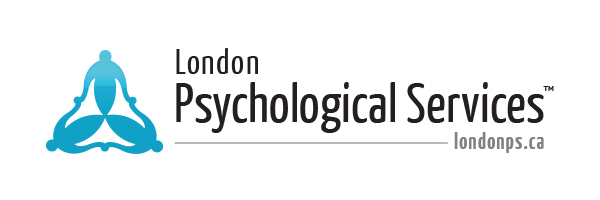An explanation of herd mentality:”Where has all the toilet paper gone?”
BY: NICOLE CORMIER
We’re all feeling it – the creeping sense of unease that ballooned into panic on Thursday, March 12th. In a span of a few hours, national sports leagues started announcing suspensions of their regular season games. Public events were being cancelled across the continent. Justin Trudeau and Sophie Gregoire-Trudeau went into self-quarantine, and Sophie was confirmed to have contracted Covid-19. Doug Ford announced closure of all Ontario public schools, and Western University and others are quickly following suit. Employers are urging workers to work from home, and the news posts more stories about Covid-19 every few minutes.
And thousands of people are dashing in terror to the grocery store, line-ups spilling down the aisles and winding around the perimeters, to buy (among other disaster-preparedness supplies)… toilet paper.
Toilet paper!
A product which, by base survival standards, is not a human necessity, yet people are buying and stockpiling it as if a nuclear apocalypse is nigh. If you are under quarantine for 14 days, your water will still be running, your utilities will still be working, and delivery services like Instacart, Skip the Dishes, Uber Eats, Walmart, and Amazon Prime will bring groceries, food, and pretty much everything else you could want to your door. Yes, including toilet paper – unless, that is, a mass panic has led everyone to buy so much toilet paper that it creates a shortage. This, as we have seen, has already happened with a few items – surgical masks, toilet paper, hand sanitizer, and Lysol are all harder to find in stores because of hoarding and profiteering. These are not helpful responses to crisis – for ourselves, or for our neighbors.
You may be among the many who are running, terrified, to the grocery store, desperate to restock your home before everything disappears. Or you may be among those who are resisting that instinct, struggling to convince yourself that, as officials assure us, the majority of people are safe, that you are very unlikely to suffer complications from Covid-19, and that the stores will eventually re-stock their toilet paper. Yet…somehow you are still glued to your phone. You feel restless, agitated, disturbed…and you may be a bit embarrassed to be caught up in it all.
But it’s not embarrassing or shameful. We’re all there in some way, shape, or form right now.
The amusing yet alarming preoccupation with toilet paper is an example of what some call “mass hysteria,” but a more accurate (and more validating) term is “herd mentality.” Human beings are herd animals. We stick together in times of crisis, and more than that, we take cues from those around us to figure out how to act and survive. Similar to how a herd of horses will all start running after one or two have been startled or spooked, even if most didn’t see what started the commotion, humans will panic and start running on instinct if they see two or three people beginning to run. Or, as in our current situation, if they see two or three people piling five packages of toilet paper into their shopping cart, they will respond by ALSO piling five packages of toilet paper into theirs.
Do they know something we don’t?
Are they right?
What if we run out?
What if we are LEFT BEHIND?
Herd mentality is a natural instinct that, on the whole, has served our species well. However, in times like these, when information is contradictory, inaccurate, or overwhelming, where uncertainty is high and people aren’t sure HOW to best prepare, many of us will take extreme and unnecessary measures to cope with our increasing sense of urgency to act – to protect ourselves and our families, to guard against danger, to DO SOMETHING. And the more we do this, the more we convince ourselves there is something to be terrified about.
If you’ve been caught up in this in any way, you are in good company. We are all feeling it.
The best things you can do to buffer yourself from the anxiety (and impulse spending) arising from our current herd response to Covid-19 are to limit your exposure to news and social media wherever possible, to step back and think carefully about what supplies you might realistically need for a 14-day self-isolation period (and not a 2-year nuclear fallout scenario), and to recognize that it’s okay to be afraid – we can’t predict perfectly what is going to happen next, but we can trust ourselves to adapt and cope the best we can as the situation unfolds.
And we can trust that we won’t be alone – our families, our friends, our neighbors, will be there to support us.
We’re all in this together.


